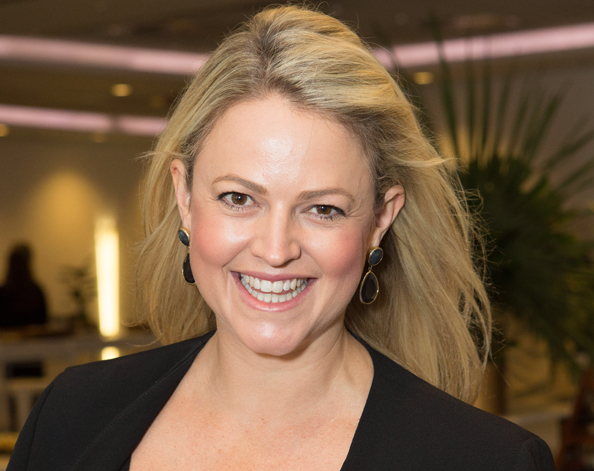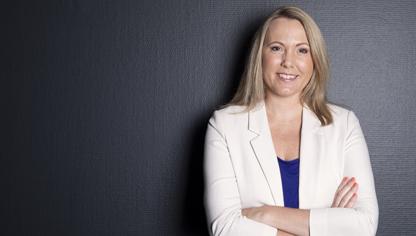Receive Focus insights straight to your inbox
Emma Sadleir on ruining your (and your company's) reputation online
The Adam Catzavelos scandal was a "game changer" in terms of reputational damage, says lawyer and social media expert Emma Sadleir. A WhatsApp video of a racist rant by Catzavelos was leaked on social media, resulting in a fallout, the scale of which has not been seen before in South Africa.
A 'digital vigilante mob' tracked down his and his family’s business interests and demanded the closure of a restaurant in which Catzavelos previously had a minority stake. The power of social media saw Nike close its stores for a day (because his wife works there) and his father’s business was boycotted.
Speaking at an Investec event in Johannesburg, Sadleir, who is CEO of The Digital Law Company, sounded a warning. In the past, she said, companies could control reputational risk by appointing approved spokespeople. Today, with access to the internet and social media, all employees are spokespeople.
As more digital natives – millennials who play out their entire life story on social media – enter the workplace, the risk increases. There's also the continued risk of LinkedIn, where employees are associated with your company even after they leave.
If someone says something outrageous on social media, the first thing people do is find out where that person works and challenge their employer on why such a person works for them, said Sadleir.

I often say that the best thing about social media is that it gives everyone a voice, and the worst thing about social media is that it gives everyone a voice.
Biting the hand that feeds you
"There is no such thing as personal capacity anymore," said Sadleir. "If you bring your company into disrepute in any way, you can be disciplined."
She advises employees to self-censor before posting anything online. "Don't air the company's dirty laundry; rather exhaust all internal whistle-blowing avenues first."
Sadleir tells people to do the Billboard Test before posting anything online. "If you wouldn't put it on a massive billboard next to a very busy highway near where you live and work, with a huge photograph of your face, name and the name of the company you work for, then don't let it exist in digital format."
"If you wouldn't put it on a massive billboard ... with a huge photograph of your face, name and the name of the company you work for, then don't let it exist in digital format."
Company WhatsApp groups: a new risk
Sadleir is increasingly seeing cases emerging from the rise of company WhatsApp groups. Advising Investec staff to stick to relevant, work-related topics, Sadleir reminded the audience that what you say is not confined to the group: anyone can take a screenshot and share it outside the group.
If you see any inappropriate content in a WhatsApp group, "you need to actively dissociate yourself from the content by either leaving the group or voicing an objection on the group", writes Sadleir in 10 tips for WhatsApp Groups.
This is important because if you don't take action, you can be held liable for the content. The same goes for not untagging yourself or deleting inappropriate comments made by others on Facebook, Instagram or Twitter.
The solution? Continuous education
Employees need continuous training on drawing a definite line between their personal and professional life and training on how public and permanent social media is. Every business should have a clear social media policy with relevant examples that they regularly communicate to staff, says Sadleir.
In an interview with Brink News, Sadleir said that she was starting to see companies even include family members who are direct beneficiaries of the employee in their social media policies.
She told Brink.com that employers should check out the social media profiles of potential hires because "an online CV is actually more telling than a real-world CV".
About the author

Ingrid Booth
Lead digital content producer
Ingrid Booth is a consumer magazine journalist who made the successful transition to corporate PR and back into digital publishing. As part of Investec's Brand Centre digital content team, her role entails coordinating and producing multi-media content from across the Group for Investec's publishing platform, Focus.





